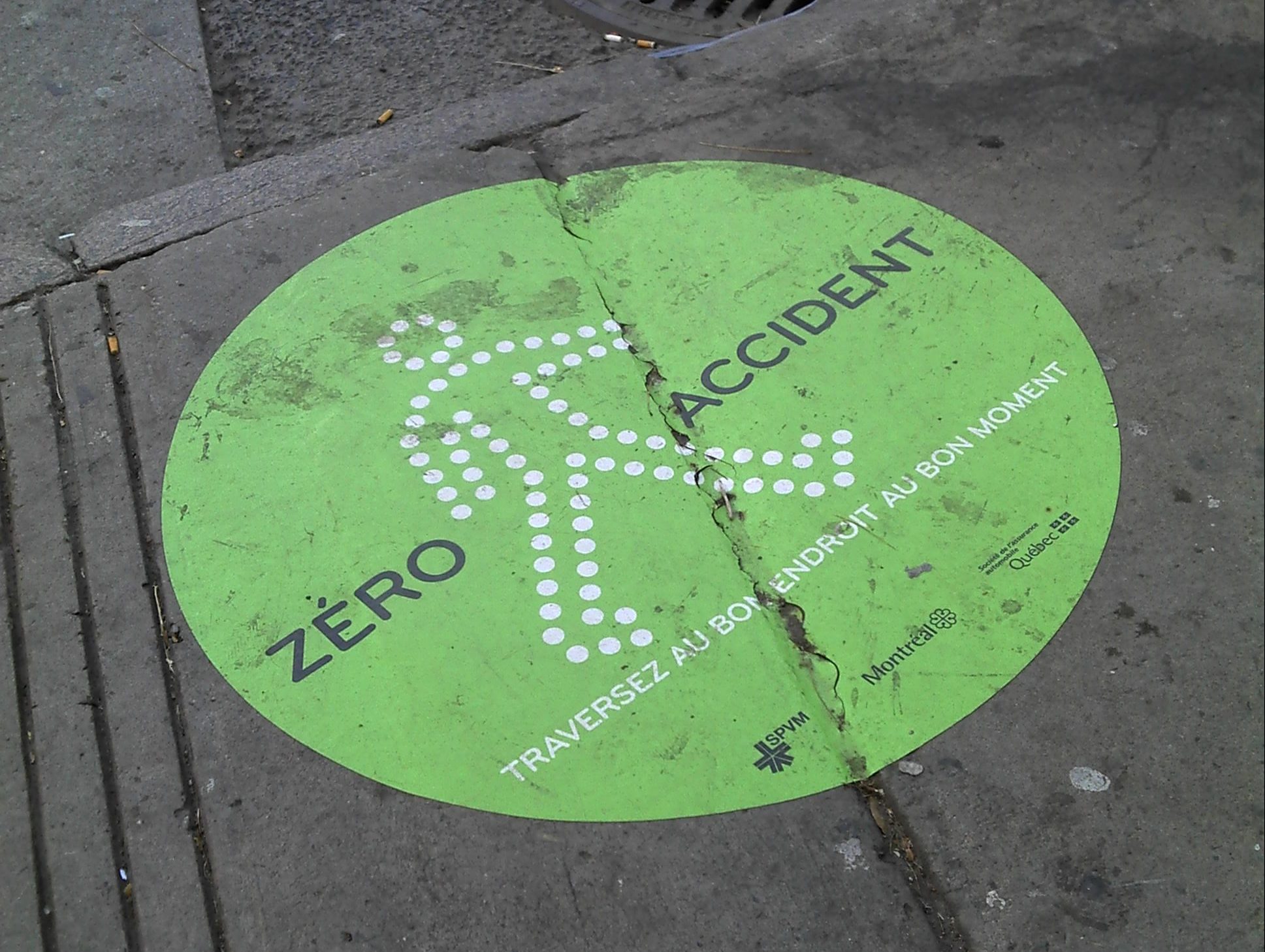As the school year wears on, students may be tempted to dart across busy streets on the way to class, grab an electric scooter to dash to an exam, or enjoy celebratory drinks in one of Montreal’s many parks. However, students should be aware of some rules specific to Montreal to avoid any unnecessary fines associated with such activities to enjoy the semester free of any legal trouble.
Drinking in public
The legal drinking age in Quebec is 18-years-old, meaning that until you are of age, it is illegal to buy alcohol for yourself or another person, or have someone else buy alcohol for you.
Even for students who have reached the drinking age, Montreal does not permit the consumption of alcohol in public areas. However, there is an exception to that rule that allows people to drink alcohol in some of the city’s parks, as long as they are also consuming a meal. Quebec law defines a meal as “food sufficient to constitute a person’s lunch or dinner.” This means that a picnic in Jeanne Mance would have to be a full meal, while a bag of two-bite brownies would not be enough to avoid a possible ticket. The law also states that the alcohol and accompanying meal must be in an area of the park where picnic tables are present.
Traffic rules
Traffic rules are very important for students walking to and from campus, especially approaching the Milton Gates. According to the Montreal police service, pedestrians must use crosswalks when going through any of the city’s intersections. Not obeying the various crosswalk signs in the city is considered a violation of traffic rules; this could include crossing a street against the signal, or beginning to cross once the light turns yellow. Even on streets without a nearby intersection or pedestrian crossing, pedestrians must yield to vehicles and cyclists and make sure there is no risk present when crossing. Additionally, people are not allowed to cross an intersection diagonally unless authorized by a police officer or if the intersection specifically allows it.
Lime, Bird, and JUMP scooters
Many McGill students are familiar with electric scooters, the newest addition to Montreal’s streets. In recent months, the City of Montreal has enacted new by-laws in response to these e-scooters and e-bikes. Users are required to wear a helmet at all times and are prohibited from riding on the sidewalks. Across the city there are also 239 designated e-scooter parking spots where users are required to park their scooters, instead of leaving them on city sidewalks. As of Oct. 21, Montreal will begin fining riders $50 each for scooters found illegally parked outside these spots.
Noise complaints
When it comes to noise complaints, each of Montreal’s boroughs have their own bylaws. However, police can issue tickets if they hear a noise prohibited under noise bylaws. A “prohibited noise” could be anything from cries, singing, altercations, cursing, or “any other form of uproar,” as well as noise produced by sound equipment according to Service de police de la Ville de Montréal (SPVM).
To learn more about laws and regulations in Quebec or Montreal, McGill has many resources available, such as the Legal Information Clinic at McGill (LICM). The LICM is a non-profit information service staffed by McGill Law Students, with a mandate to provide free legal information, referrals, and community services to McGill and broader Montreal. Interested students can call or visit the LICM website.










The incredible noise produced by ‘race’ cars going up and down McGill in old montreal is becoming unbearable for local residents. Not to mention blaring music coming from these cars at all hours.
And if that’s not enough, we have to endure the endless parade of flour trucks going down McGill all night. Can’t something be done to ease some of this pollution or do we have no say in what happens in our neighbourhood? Did I mention the renovations on the Customs House? A five year project we also have to live with.
I think a police presence especially at night, would help improve our quality of life and make us feel safer.